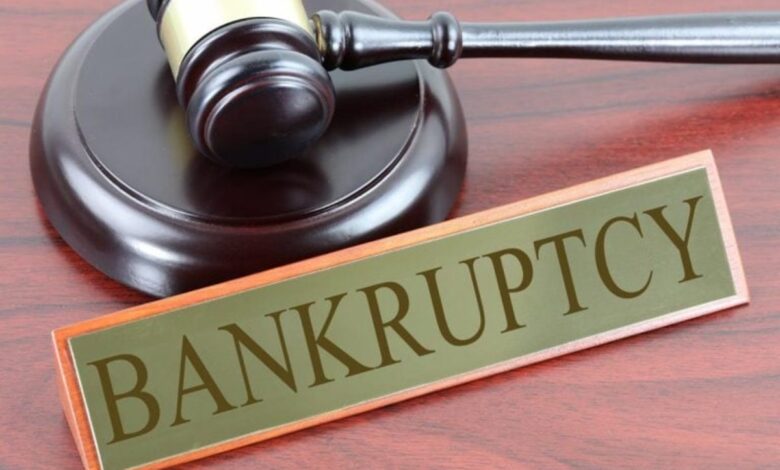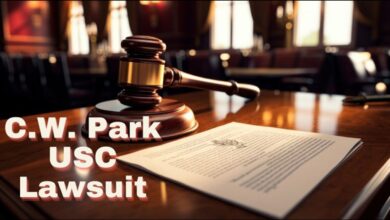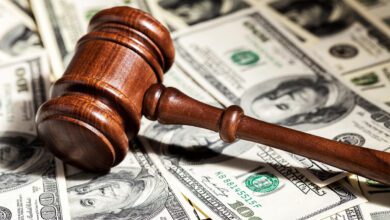Bankruptcy – What is it?

Bankruptcy offers a fresh start and a chance to repay debts and obligations. The process is overseen by federal courts and governed by federal law.
A bankruptcy can help you eliminate or reduce debt, stop foreclosure and repossession, and prevent wage garnishment and the disconnection of utilities. But it will remain on your credit report for up to ten years and will make it harder and more expensive to get new loans.
What is Bankruptcy?
Bankruptcy is a legal process that allows an individual or business to eliminate some or all of their debts. It is a complicated and expensive procedure that must be conducted under the supervision of a judge in federal bankruptcy court. Bankruptcy is a last resort for people who cannot afford to repay their debts. It stays on your credit report for 7-10 years and can make it difficult to obtain new loans at favorable rates.
There are two main types of bankruptcy: Chapter 7 and Chapter 13. Chapter 7 liquidates your property, sells it and uses the proceeds to pay off creditors. However, you can keep certain items of value — typically vehicles, homes and some tools of the trade. The list of items you can keep, called exemptions, varies by state. Some states follow federal exemptions, while others set their own. You also must give up some of your possessions that aren’t exempt — such as collectibles, antique furnishings and money in bank accounts.
What happens in Bankruptcy?
Bankruptcy is a legal process that can help some people get a fresh start. However, it also has long-term financial consequences that should be carefully considered before filing.
During bankruptcy, the court reviews your assets and debts to determine whether your debts can be discharged (wiped out) or whether you will have to sell some of your property to pay your creditors. Most individuals who file bankruptcy choose either Chapter 7 or Chapter 13 bankruptcy.
When you declare bankruptcy, the court places an automatic stay on your debt collection. This means that your creditors can’t deduct money from your bank accounts, garnish your wages or go after your other property. However, a creditor can sue you to recover unpaid debts. In addition, your bankruptcy will appear on your credit report for up to ten years. This may make it difficult to obtain new loans and credit cards. This is why many financial advisors recommend seeking alternative debt relief solutions before declaring bankruptcy.
How does Bankruptcy work?
Bankruptcy is a legal process that gives people or businesses that can’t pay their debts a fresh start by liquidating assets and creating repayment plans. It also provides an opportunity for creditors to recoup some of their losses. Bankruptcy is
governed by federal law, although the laws differ somewhat from state to state. It is important to consult with your York bankruptcy attorney to help you understand the process.
Most bankruptcy cases are filed under Chapter 7 of the U.S. Bankruptcy Code. This form of bankruptcy essentially erases most types of unsecured debts, including credit card balances and medical bills. To qualify for this type of bankruptcy, you must pass a course from an approved credit counseling agency. You also must give up any property that isn’t exempt from liquidation under state and federal laws, such as family heirlooms (like coin or stamp collections), second homes and investments like stocks and bonds.
Individuals that earn too much money to qualify for Chapter 7 may file a plan under Chapter 13. This type of bankruptcy allows individuals to keep some property and use current income to repay debt.
It’s important to understand that bankruptcy is a legal proceeding that allows individuals and businesses to discard debt and make a plan to repay a portion of what they owe. Bankruptcy is governed by federal law and cases are handled by bankruptcy courts.
In Chapter 7 bankruptcy, which is called liquidation, a trustee sells assets that aren’t exempt from the law to pay creditors. Depending on your situation, you may be able to keep certain secured property such as your home or car if you reaffirm the debt.
You’ll also be able to remove unsecured junior liens from real property through lien stripping and reduce the principal loan balance on secured property through a process called loan cramdown. However, filing for bankruptcy has a serious, long term impact on your credit, making it harder to get credit in the future. It’s important to weigh all of your options, including alternatives to bankruptcy, before you file. A financial professional can help you evaluate these options.







